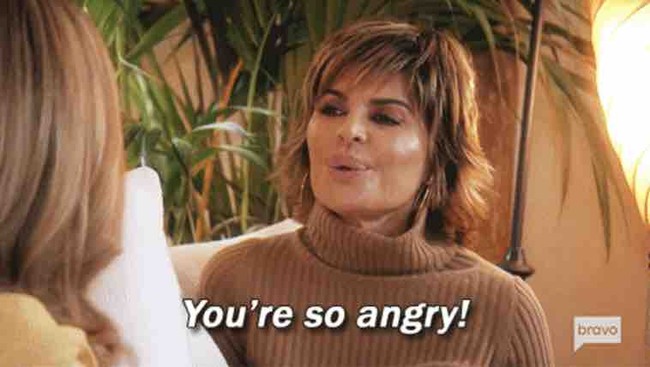ARTICLE AD BOX
KYIV — Ukraine and Russia agreed to prepare an all-for-all exchange for two categories of prisoners of war as the sides met for the second round of peace negotiations in Istanbul on Monday.
“We agreed to exchange all of the severely injured and ill prisoners of war. We will also exchange all young soldiers, aged 18-25. We also agreed to swap 6,000 bodies of fallen soldiers,” Defense Minister Rustem Umerov, head of the Ukrainian delegation, told a press conference.
Ukraine also handed the Russian delegation a list bearing several hundred names of children Moscow has illegally deported from Ukraine, saying their return would be seen as a sign that Russia is serious about peace negotiations. Kyiv also proposed that a meeting of the two countries’ leaders would take place at the end of June, Umerov said.
Ukraine’s deputy foreign minister, Sergiy Kyslytsya, said at the press conference that Russia was still refusing to accept a ceasefire. However, Russian delegation head Vladimir Medinsky countered on Monday that Russia was offering a ceasefire of two to three days on certain parts of the front to allow for the collection of bodies. Medinsky added that Ukraine and Russia would set up medical commissions to determine the exact number of soldiers to be exchanged.
As for the abducted Ukrainian children, Medinsky said Moscow would examine Kyiv’s list of 339 minors “who lost contact with [their] parents” and decide each case individually.
The peace talks between Russia and Ukraine have unfolded against an unpromising background of ongoing conflict. The second round of talks, for example, came the day after Ukraine destroyed dozens of Russian strategic bombers in a daring drone operation codenamed “Spiderweb.” The meeting was short, lasting about an hour, and was mediated by Turkey.
“At least there were fewer pseudo-historical talks and fantasies from the Russians after Spiderweb,” a top Ukrainian official told POLITICO, speaking on condition of anonymity to discuss exchanges at the restricted gathering.
During the first round of negotiations on May 16, the Russian side threatened the Ukrainian delegates, claiming Moscow was ready to fight for the long term and pushing Ukraine to withdraw from the four regions the Kremlin illegally annexed in 2022.
The two sides did, however, agree to exchange 1,000 prisoners each and to compose a detailed peace settlement to present to each other before the next round. Ukraine submitted its vision of the peace negotiations to the Russian delegation ahead of the Monday meeting.
In the document, seen by POLITICO, Kyiv continues to push for a full and unconditional ceasefire, an all-for-all exchange of prisoners, the unconditional return of all Ukrainian children that were illegally taken to Russia, and the release of all civilian hostages.
 Kyiv says it will be ready to discuss the issue of territory only during a meeting between Russian President Vladimir Putin and Ukrainian President Volodymyr Zelenskyy. | Pool Photo by Oliver Matthys via EPA
Kyiv says it will be ready to discuss the issue of territory only during a meeting between Russian President Vladimir Putin and Ukrainian President Volodymyr Zelenskyy. | Pool Photo by Oliver Matthys via EPAIn addition, Kyiv is demanding that the Kremlin undertake an obligation not to attack Ukraine again in future, and that Ukraine not be forced to surrender its sovereignty. Kyiv is to be allowed to move toward EU membership, and its NATO future is to be decided by the members of the alliance, not by Russia.
Territorial gains made by Russia since February 2014 must not be recognized by the international community, the document says, adding that the contact line — the 1,000-kilometer strip of land that has divided the warring parties since February 2022 — is the starting point for negotiations. Territorial issues will be discussed only after a full and unconditional ceasefire is agreed at a meeting between the leaders of Ukraine and Russia.
In return, Ukraine agrees that some sanctions may gradually be lifted from Russia, but with a mechanism for their resumption if Russia violates its promises. Kyiv says it will be ready to discuss the issue of territory only during a meeting between Russian President Vladimir Putin and Ukrainian President Volodymyr Zelenskyy. The Ukrainians would also like U.S. President Donald Trump to attend the leaders’ meeting.
The Kremlin, however, had said ahead of the talks that it would not inform Kyiv of its own vision of peace or publish a memorandum ahead of the second round — and on Monday duly passed its suggestions to the Ukrainian side.
“We will take a week to study this document and give our assessment,” Umerov said.
.png)
 1 month ago
3
1 month ago
3








 English (US)
English (US)